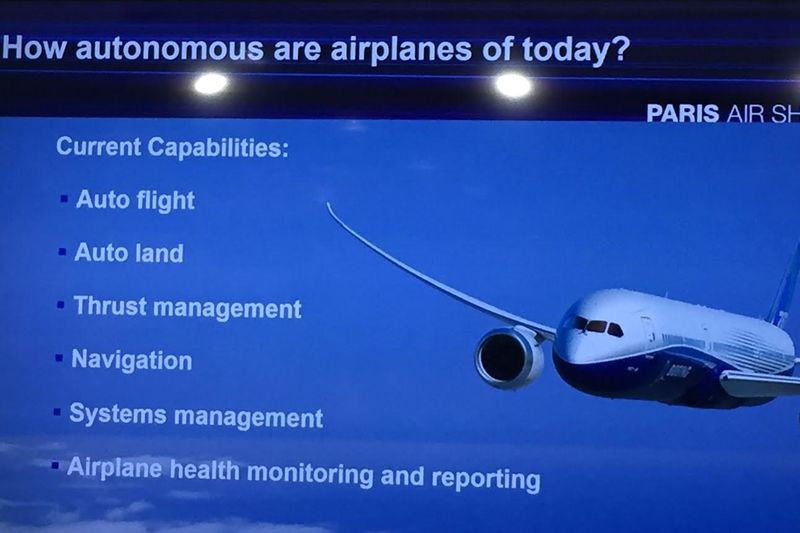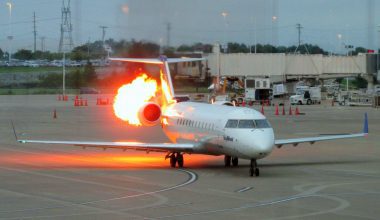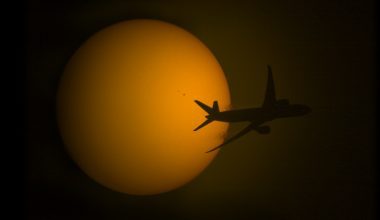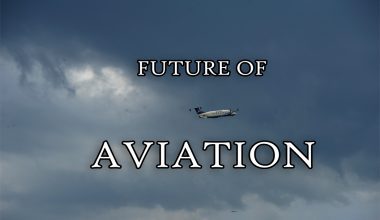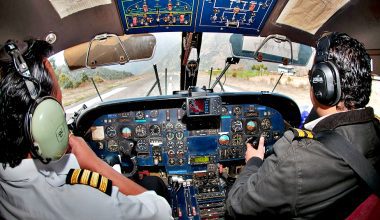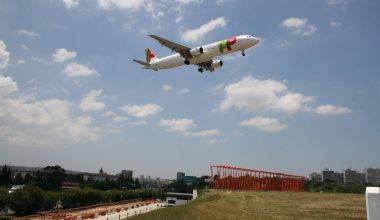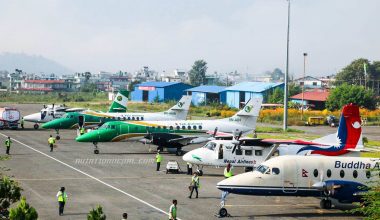Boeing at Paris Air Show 2017 presented some insight about its enthusiastic plan to fly commercial planes through artificial intelligence (AI) algorithms without human intervention. The US based giant aircraft manufacturer company is considering how to use the AI technique to release the pressure of shortage of sufficient pilots.
Vice President of Boeing’s product Development Mike Sinnet said, “617,000 new pilots will be required in coming future to fly new aircraft and the problem is that there are not so many new pilots in the pipeline now and in the foreseeable future.”
Boeing’s competitor Airbus also forecasted the requirement of over 5, 30,000 new pilots over the next 20 years.
Boeing presented current capabilities of AI at Paris Air Show such as auto flight, auto land, thrust management, navigation, systems management, airplane health monitoring and reporting. Optimum safety is mandatory for AI to fly planes, says Boeing. As the first new sub-areas for the autonomy of airplanes, Boeing sees the push-back and taxiing on the ground.
Boeing manager said, “Autonomous taxing could be in reality in one to two years and for that we require visual sensors on board, a camera system and the data from TCAS (Traffic Collision Avoidance System) and ADS-B (Automatic Dependent Surveillance-Broadcast).”
The company has already announced that a Boeing 777 will be utilized for the demonstration in 2018 and 787 in 2019. Autonomous flight control algorithms are expected to be tested.
